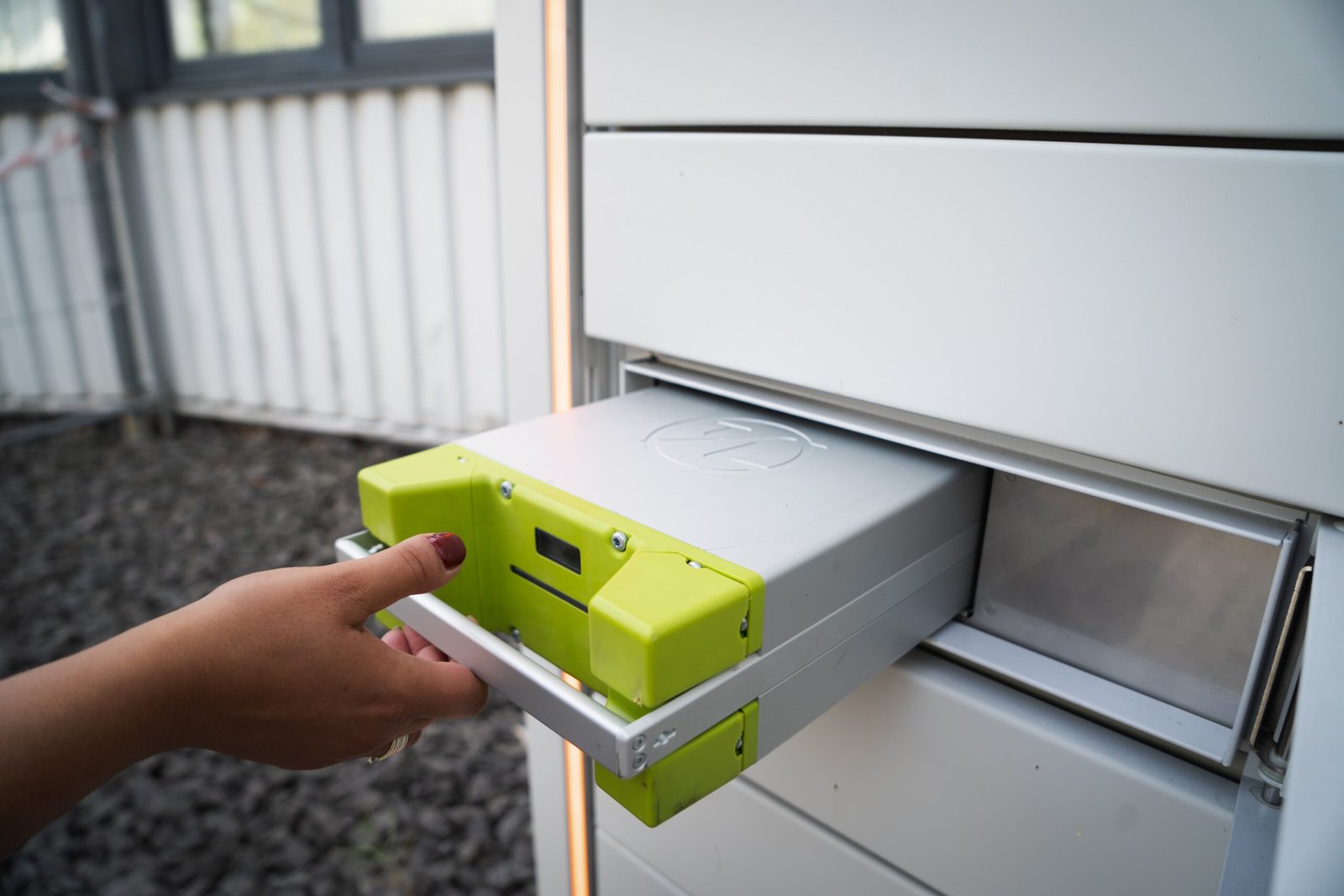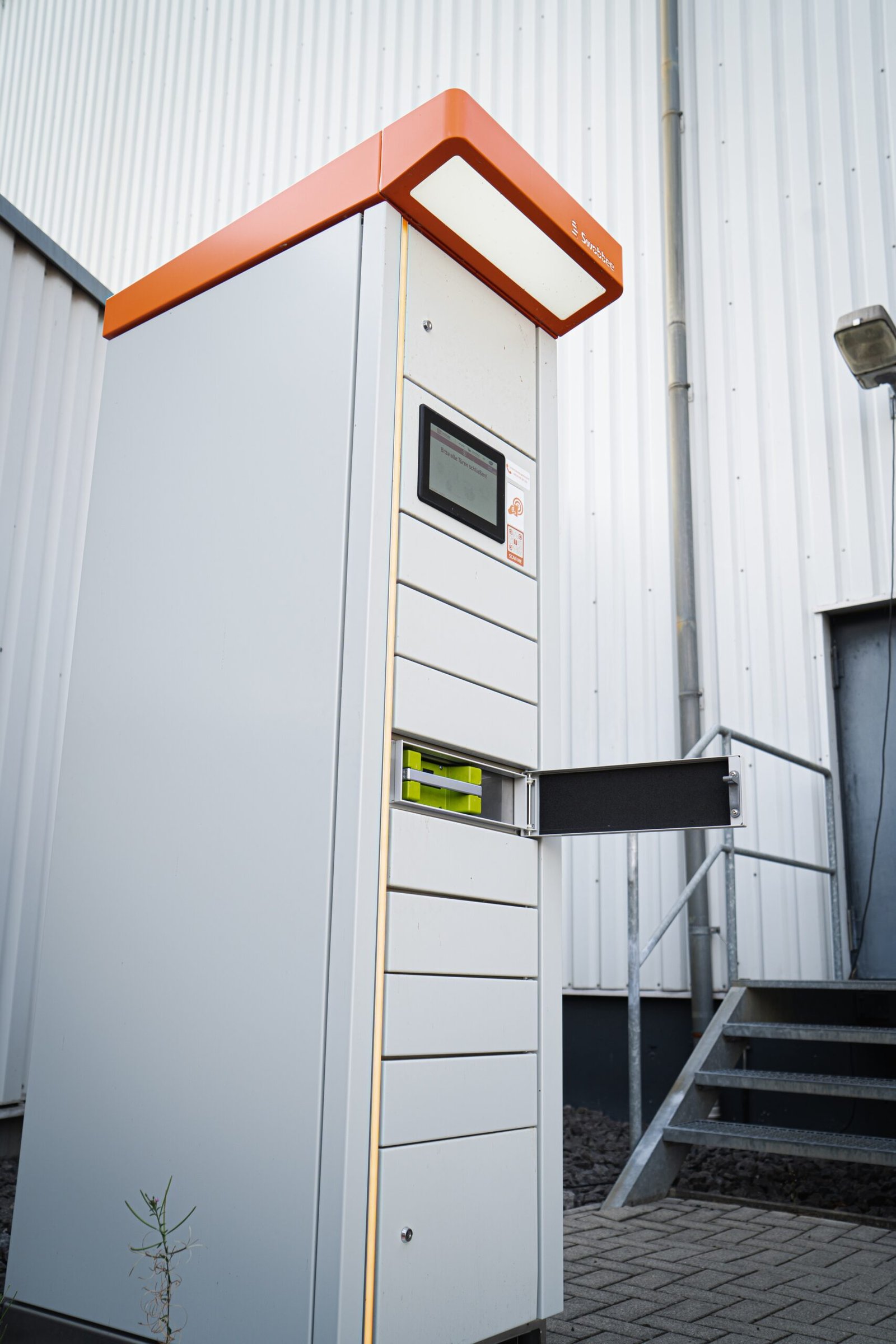Imagine cruising around town on your electric scooter, enjoying the convenience and eco-friendliness it offers. But have you ever wondered how long that trusty battery can power your adventures? In this article, we’ll explore the average lifespan of an electric scooter battery, giving you the insights you need to effectively maintain and extend the life of your battery. So buckle up and get ready to uncover the key factors that determine how long your electric scooter battery will go the distance.
Factors Affecting Battery Lifespan
When it comes to the lifespan of an electric scooter battery, there are several factors that can have an impact. Understanding these factors and how they influence battery performance is important for ensuring optimal battery life.
Quality of Battery
The quality of the battery itself is a critical factor in determining its lifespan. Choosing a battery from a reputable brand with a good track record can greatly increase the chances of having a long-lasting battery. Brands that have been in the industry for a while and have a positive reputation are likely to have higher manufacturing standards and better quality control processes in place to ensure consistent battery performance.
Battery Capacity
Battery capacity refers to the amount of energy a battery can store. It is typically measured in Ampere-Hours (Ah). The higher the battery capacity, the longer the battery will last before needing to be recharged. When purchasing an electric scooter, it is important to consider the battery size and its Ampere-Hour (Ah) rating to ensure that it meets your specific needs and expectations.
Charging and Discharging Cycles
The way a battery is charged and discharged can significantly impact its lifespan. Each time a battery goes through a charging and discharging cycle, it experiences some degree of wear and tear. Understanding these cycles and taking appropriate measures to minimize their impact can help extend the lifespan of the battery.
Battery Chemistry
Different electric scooter batteries utilize different chemistries, and the battery chemistry can have a significant impact on the lifespan of the battery. The most common battery chemistries used in electric scooters are lithium-ion (Li-ion) batteries, lead-acid batteries, and nickel-based batteries. Each type of battery chemistry has its own unique characteristics and lifespan considerations.
Temperature
Temperature plays a crucial role in the overall performance and lifespan of an electric scooter battery. Batteries perform best within a specific temperature range, and extreme temperatures can significantly impact their performance and longevity. It is important to understand the ideal operating temperature for your battery and take appropriate steps to protect it from extreme heat or cold.
Storage Conditions
Proper storage conditions can also affect the lifespan of an electric scooter battery. How a battery is stored and the conditions it is subjected to during periods of non-use can impact its overall health and longevity. Factors such as the charge level at which the battery is stored, the length of the storage period, and the storage temperature can all make a difference in how well the battery retains its capacity over time.

Average Lifespan of Different Battery Types
The average lifespan of an electric scooter battery can vary depending on the type of battery chemistry used. Let’s take a closer look at the average lifespan of the three most common battery types:
Lithium-ion (Li-ion) Batteries
Lithium-ion batteries are widely used in electric scooters due to their high energy density and long life. On average, a well-maintained lithium-ion battery can last anywhere between 2 to 4 years. However, this lifespan can be significantly affected by various factors such as temperature exposure and charging habits.
Lead-acid Batteries
Lead-acid batteries are known for their affordability and resilience. They are commonly used in entry-level electric scooters. The average lifespan of a lead-acid battery ranges from 1 to 3 years. However, their performance can be affected by factors such as frequent deep discharges and improper charging habits.
Nickel-based Batteries
Nickel-based batteries, including nickel-cadmium (NiCd) and nickel-metal hydride (NiMH) batteries, are less common in electric scooters but are still used in some models. On average, these batteries can last between 2 to 5 years with proper care and maintenance.

Tips to Extend Battery Lifespan
While the lifespan of an electric scooter battery is influenced by various factors, there are some measures you can take to extend its lifespan and get the most out of your battery:
Proper Charging Practices
Follow the manufacturer’s guidelines for charging your electric scooter battery. Avoid overcharging or undercharging the battery, as both can have detrimental effects on its lifespan. Charging the battery to its full capacity and avoiding frequent deep discharges can help prolong its life.
Regular Maintenance
Periodic maintenance is essential for maximizing the lifespan of your electric scooter battery. Keep the battery clean and free from dirt and debris. It is also important to regularly check the battery connections and ensure they are tight and secure. Additionally, replacing any damaged or worn-out parts promptly can help prevent further damage to the battery.
Avoiding Overheating
High temperatures can significantly impact the performance and lifespan of your electric scooter battery. Avoid exposing the battery to extreme heat or leaving it in direct sunlight for extended periods. If possible, park your scooter in shaded areas or use a protective cover to shield it from excessive heat.
Storing Batteries Correctly
When storing your electric scooter for an extended period, it is crucial to store the battery at the recommended charge level and in suitable conditions. Most manufacturers recommend storing the battery at around 50% charge. Choose a cool and dry location to store the scooter and avoid exposing it to extreme temperatures, humidity, or direct sunlight.

Replacing Electric Scooter Batteries
At some point, you may need to replace the battery of your electric scooter. Here are some factors to consider when replacing your electric scooter battery:
Signs of Battery Degradation
Keep an eye out for signs that your battery is degrading. These signs can include a noticeable decrease in range, a decrease in overall battery capacity, or frequent and sudden power losses during use. If you start experiencing any of these issues, it may be an indication that your battery is nearing the end of its lifespan and needs replacement.
Choosing a Replacement Battery
When choosing a replacement battery for your electric scooter, it is important to select one that is compatible with your scooter’s specifications. Pay attention to the battery chemistry, size, and capacity to ensure it aligns with the original battery or meets your desired requirements. Refer to the scooter’s manual or consult the manufacturer for recommendations on suitable replacement batteries.
Battery Replacement Process
Replacing an electric scooter battery typically involves removing the old battery and installing the new one. It is essential to follow the manufacturer’s instructions or seek professional assistance to ensure a safe and proper replacement. Improper battery replacement can not only damage the scooter but also pose a safety risk.
In conclusion, understanding the factors that can affect the lifespan of an electric scooter battery is crucial for getting the most out of your scooter. By considering factors such as battery quality, capacity, charging and discharging cycles, chemistry, temperature, and storage conditions, you can take proactive steps to extend the lifespan of your battery. Implementing proper charging practices, regular maintenance, and following storage guidelines can help maximize the lifespan of your electric scooter battery and ensure optimal performance throughout its lifespan. And when the time comes for a battery replacement, careful consideration and adherence to the manufacturer’s recommendations will help ensure a seamless and safe transition to a new battery.


